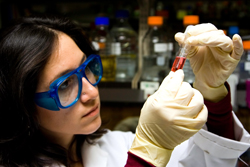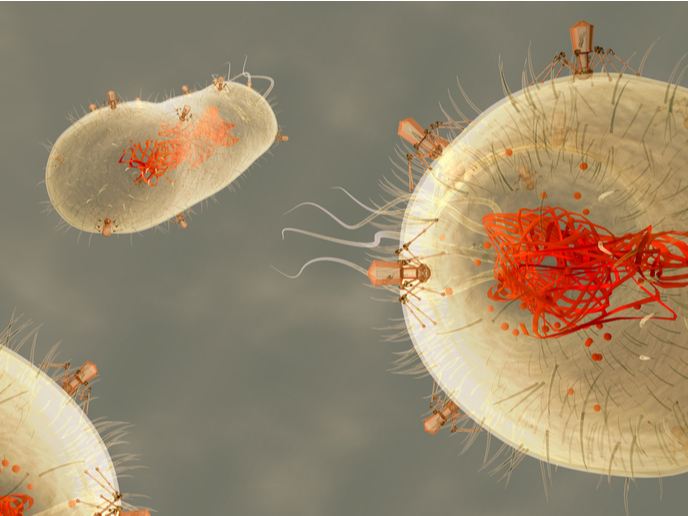Studying enzymes at the single molecule level
Despite the great potential of enzymatic processes, their potential has not been fully exploited. This is mainly due to limited understanding of the mechanisms regarding the assembly and the interaction between molecules. Recent advances in imaging methods have demonstrated that it is possible to make observations on the dynamic behaviour of single molecules and to determine mechanisms of action at the single molecule level. These studies have the potential to provide fundamentally new information about biological processes and are critical for a better understanding of molecular dynamics and function. The aim of the EU-funded Bioscope project was to pioneer the development of new nano-scale tools and methodologies for studying biomolecular mechanisms at the single molecule level. The novelty of the project lay in the biomolecular system - in itself a part of the nanoscopic instrument. This gave researchers the opportunity to study local effects on the molecular level, such as when a protein interacts with a bio-membrane surface. All technological advances were achieved through immobilisation of different biomolecular systems to nanoscopic objects. Additionally, scientists found novel ways of chemically immobilising and confining enzymes to nanoparticles and substrate membranes so as to achieve a self-organised assembly with superior and controllable activity. The Bioscope initiative succeeded in creating and supporting an innovative European nanotechnology industry. Promotion of the project’s technologies is expected to advance cutting-edge research in the sector and, over the long term, lead to the design of new enzymes.







